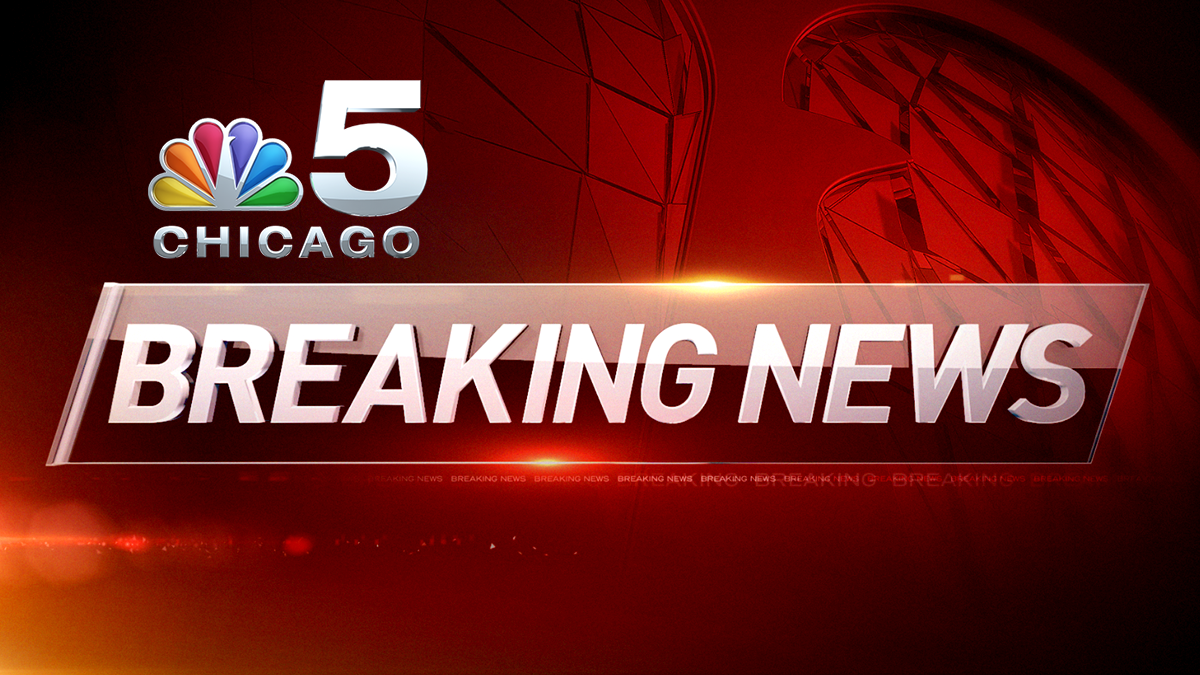The state of Illinois on Wednesday notified the Federal Reserve it intends to borrow $2 billion, "less than half of the $5 billion that’s been offered to us by the federal government," Gov. J.B. Pritzker said, with the intent of paying it back as soon as possible.
Wednesday marked the day the state must give notice to the Federal Reserve on the amount it intends to borrow as Illinois continues to grapple with significant loss of tax revenue and steep expenditures during the coronavirus pandemic. The Fed allowed states to borrow short-term funds "to help weather the financial storm created by the COVID-19 pandemic."
"Let me be clear," Pritzker said during his daily coronavirus briefing, "while we will continue to take every step we can to manage our way through this crisis, adding debt is not a long term solution to structural imbalance. Short-term borrowing is a short-term band aid to address the urgency of a short term problem – like one caused by a pandemic."
Pritzker said the state plans to pay back the line of credit through stimulus money or "the sufficient recovery of state revenues" after a vaccine becomes available.
To address Illinois' long-term fiscal health, Pritzker said he will continue to source ideas from members of the General Assembly to "bring long term stability and balance to our state’s fiscal foundation."
"Our goal with this short term borrowing is to continue managing our backlog responsibly and fight to rebuild jobs and the economy," he said. "It’s my firm belief that short-term stimulus and near-term revenue recovery must be used to repay short term borrowing from the Federal Reserve."
Illinois health officials on Wednesday reported 11,378 confirmed and probable coronavirus cases, along with 155 additional deaths attributed to the virus as the state reached a significant testing milestone and as hospitalizations climb ahead of the Thanksgiving holiday.
Local
Back in September, Pritzker warned of a "nightmare scenario" if the federal government doesn't step in and help with the financial fallout from the coronavirus pandemic.
Pritzker's administration at the time sent a notice to cabinet directors, telling them to prepare for the possibility of cuts amounting to at least 5% for the current fiscal year. The notice also urged directors to submit a potential spending outline for fiscal year 2022 that would have a 10% reduction in appropriations.
On Tuesday, Chicago's City Council voted to approve Mayor Lori Lightfoot’s 2021 budget plan that included property and gas tax increases among other revenue-generating and cost-cutting measures to tackle the city’s estimated $1.2 billion shortfall.



